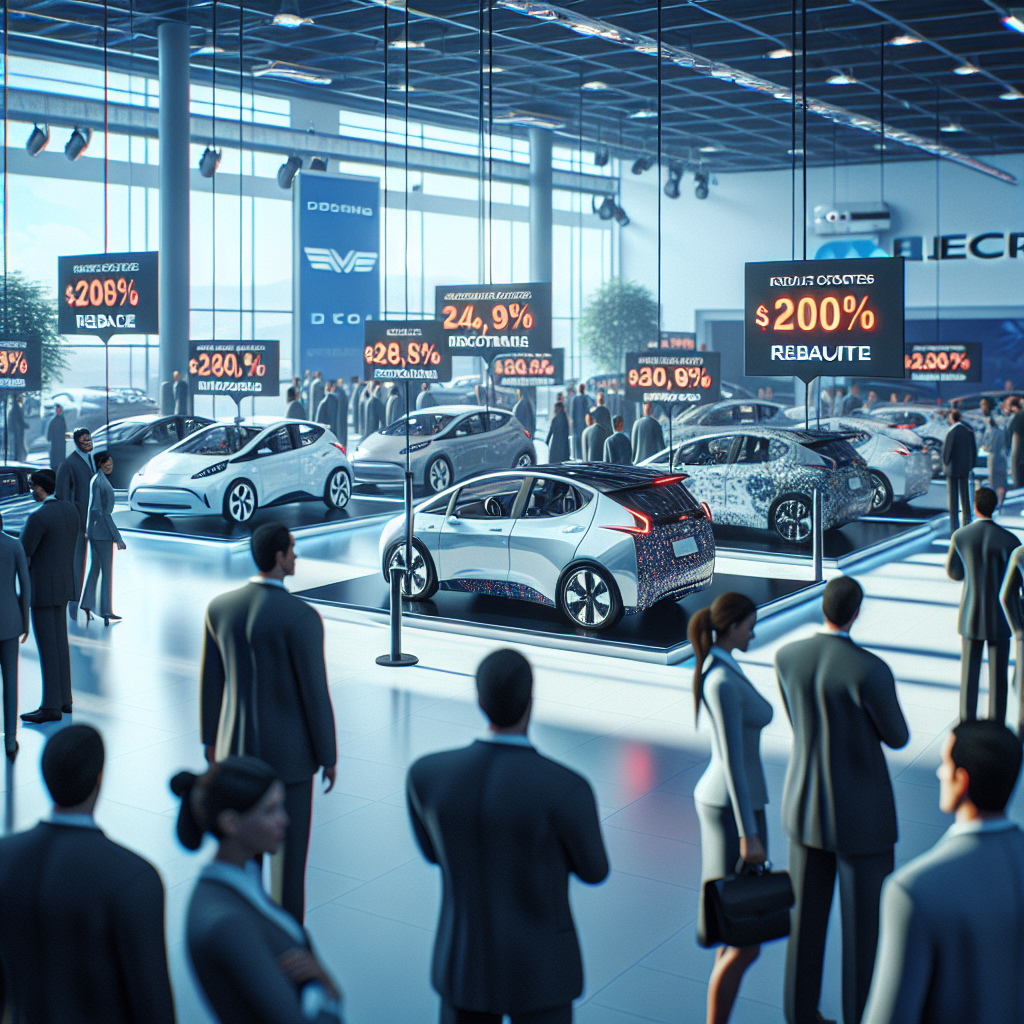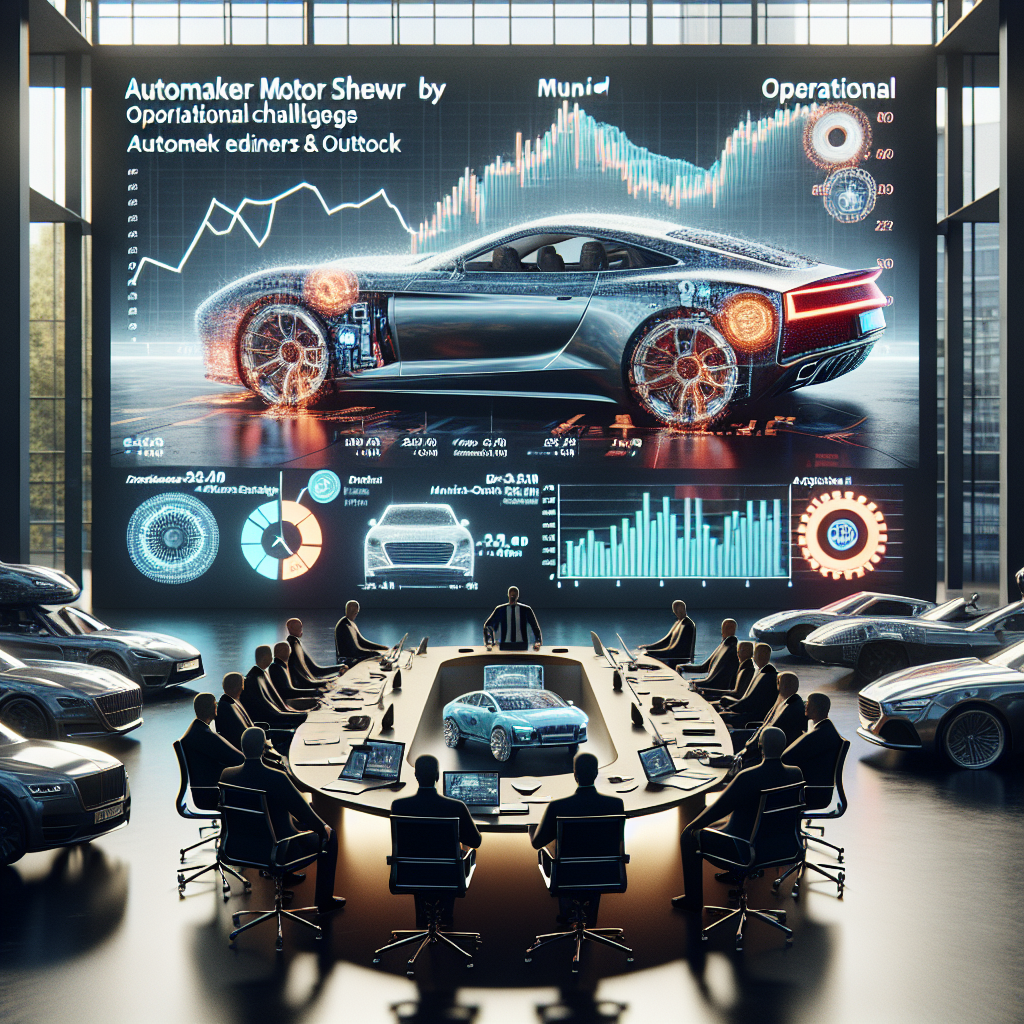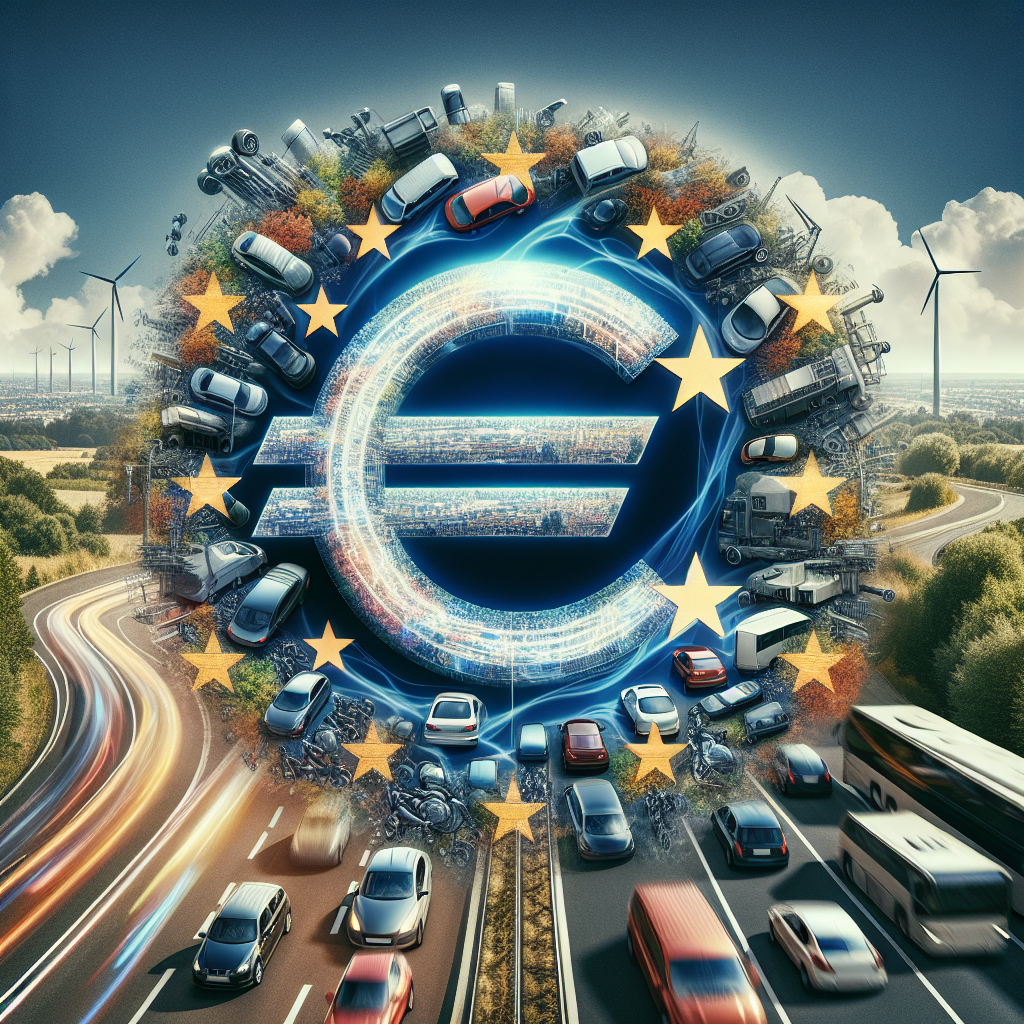
In a significant move to promote gender diversity in motorsport, Formula E has announced plans to expand its development program by including another all-female test session during the upcoming Valencia pre-season schedule, building on previous successful initiatives to bring more women into top-tier electric racing [1].

The electric vehicle market is experiencing significant turbulence as automakers respond to changing market dynamics and upcoming policy changes. With the federal tax credit for electric vehicles set to expire, manufacturers are implementing aggressive pricing strategies to maintain sales momentum, while market share distributions continue to evolve in unexpected ways.

The European automotive sector is experiencing contrasting developments as manufacturers navigate various challenges and opportunities. While some legacy brands showcase resilience at Europe's largest motor show, others face operational disruptions, and luxury manufacturers unveil ambitious new models, highlighting the industry's dynamic nature.

European automakers are grappling with significant market shifts as traditional manufacturers, particularly German brands, face increasing pressure from electric vehicle competitors. The transformation of the automotive landscape has been marked by changing consumer preferences and stringent environmental regulations, forcing established players to reassess their strategies and market positions.

China's new energy vehicle (NEV) market is experiencing significant changes in market dynamics, with domestic manufacturer BYD cementing its leadership position while international competitors face mounting pressure. Recent market data shows a clear shift in consumer preferences and manufacturer standings, reflecting China's evolving automotive landscape and the increasing competitiveness of local brands.

In a landmark achievement for electric vehicle technology, Mercedes-Benz has demonstrated the remarkable potential of solid-state batteries with a prototype EQS completing a 749-mile journey on a single charge [1]. The vehicle successfully traveled from Stuttgart to Malmö without requiring a recharge, showcasing a major leap forward in EV range capability that could revolutionize electric mobility.

In a significant development for motorsport safety protocols, Supercars is exploring the implementation of NASCAR-style overtime finishes to address races concluding under Safety Car conditions [1]. This news comes as the World Endurance Championship (WEC) experienced a dramatic race at Circuit of The Americas, where severe weather conditions led to significant safety interventions.

Tesla, once the undisputed leader in electric vehicles, is experiencing a significant decline in its U.S. market share as traditional automakers and new entrants expand their electric vehicle offerings. Multiple reports indicate that Tesla's position in the EV market has reached its lowest point since the introduction of the Model 3 [1].

The automotive industry is facing increased scrutiny over vehicle connectivity and cybersecurity as new revelations about data collection and privacy concerns emerge. A comprehensive review of connected car technology, starting with OnStar's introduction in 1996, has revealed the extensive evolution of in-car surveillance and data collection capabilities, raising important questions about consumer privacy and security in modern vehicles [1].

In a significant boost to electric vehicle infrastructure, Vermont has secured over $15 million in federal funding to expand its EV charging network. The investment marks a crucial step in the state's commitment to sustainable transportation and aims to address one of the primary barriers to EV adoption - charging accessibility [1].